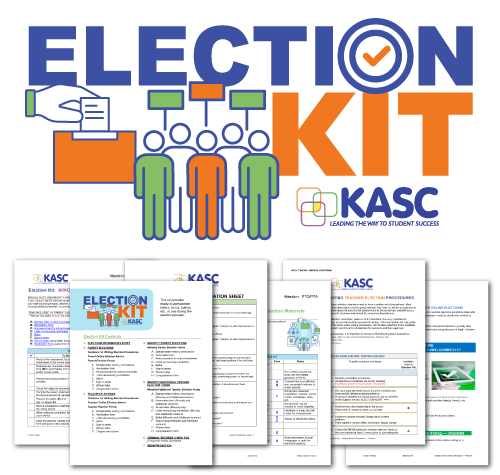Schools provide many services that aid children’s development, well-being, and academic success. Key providers include mental health agencies, social workers, school counselors, and nurses, as well as school officials and other employees. Yet quite possibly the most important component of these services—often overlooked—is the parent.
Regardless of family income or background, students whose parents are involved in their schooling are more likely to have higher grades and test scores, attend school regularly, have better social skills, show improved behavior, and adapt well to school.
When parents are involved at school, the performance of all the children at school, not just their own, tends to improve. The more comprehensive and well-planned the partnership between school and home, the higher the student achievement.1
Sociologist Joyce L. Epstein has argued that school, family, and community are important spheres of influence on children’s development and that a child’s educational development is significantly enhanced when these three environments work collaboratively toward shared goals.2 Education researcher John Hattie found that parental engagement in a child’s education has a consistent effect size of 0.50 on student achievement (figure 1).3 This effect represents more than a year’s worth of growth and more impact than time on task, tutoring systems, study skills, or even early-year interventions.
Intentional inclusion of parental voice in decision-making must start with well-written policy at both the state and local levels. State boards of education should create or improve policies requiring school districts to give all parents opportunities to receive training, influence school policy, improve student achievement, and be involved in curriculum, activities, and school functions. Such policies must take into consideration that the term “parent” encompasses different people in a child’s life, as grandparents, aunts, uncles, foster parents, and even older siblings often serve in the role of parent.
Read the complete article - By Allison Slone


